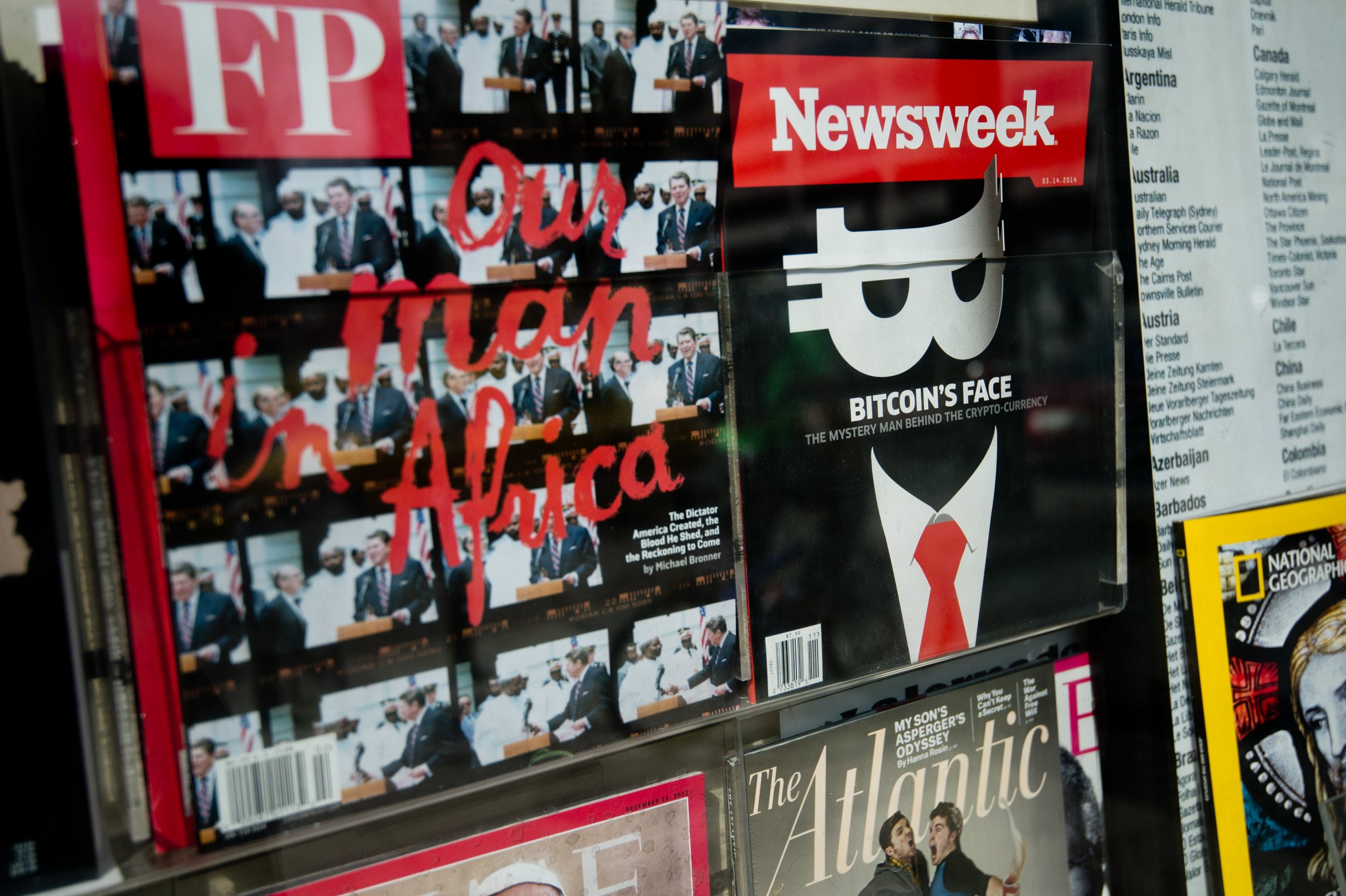
Newsweek's decision does not come as a surprise. "In our judgment, we have reached a tipping point at which we can most efficiently and effectively reach our readers in all-digital format," Brown and Shetty said on The Daily Beast website. The announcement of the change was made Thursday by Tina Brown, editor-in-chief and founder of The Newsweek Daily Beast Co, and Baba Shetty, its CEO. Newsweeklies have been in an especially tough spot at a time when people don't want to wait a week to read commentary and news digests of big stories, given a flood of instant content available online. It's also an environment in which advertisers are looking for less expensive alternatives online. The paper version of Newsweek is the latest casualty of a changing world where readers get more of their information from websites, tablets and smartphones. New York (AP) - Newsweek will end its print publication after 80 years and shift to an all-digital format in early 2013.

18, 2012 that it will end its print publication after 80 years and shift to an all-digital format in early 2013. News & World Report and Newsweek in Los Angeles. 8, 1996, file photo, Los Angeles Lakers basketball player Magic Johnson adorns the cover of four weekly magazines, from left, Time, Sports Illustrated, U.S. However it will lose money from print advertisers, who traditionally pay more than their online counterparts.Īs the final edition went to the printers, The Daily Beast confirmed it would be making many of its editorial staff redundant.In this Thursday, Feb. The move to a digital edition will allow Newsweek to cut costs such as printing, postage and distribution. One reader commented that the hashtag headline was "like using your final breath to ID the killer". She unveiled Newsweek's final front cover via Twitter, saying: "Bitter sweet! Wish us luck!" It was sold by the Washington Post Company to businessman and publisher Sidney Harman for USD 1 in 2010, and was merged with the Daily Beast three months later.īrown is a former editor of Vanity Fair and The New Yorker. It made an immediate splash with its front cover, featuring seven photos - one news story for each day of the week.Īlthough it always took second place to its rival, Time, it gained prominence in the 1960s for its coverage of the civil rights movement.Īt its height, it had a circulation of 3 million, but declining readership and advertising revenue saw it fall into losses. Newsweek's first edition was published on 17 February, 1933. "It is in that spirit that we're making our latest, momentous change, embracing a digital medium that all our competitors will one day need to embrace with the same fervor.īrown became editor of the publication two years ago, after it merged with The Daily Beast, a news website she co-founded in 2008. In a defiant editor's letter, she wrote: "This is not a conventional magazine, or a hidebound place.

The last print edition will be on 31 December.Įditor Tina Brown described it as "a new chapter" for the magazine. The nod to Twitter is regarded as a backhanded compliment.Īmid declining circulation and advertising revenues, the US current affairs magazine was forced to become an online-only publication. Newsweek, the second largest US news weekly magazine, behind Time, has revealed the image that will grace the cover of its last-ever print edition.Ī black and white photo of the publication's Manhattan headquarters takes pride of place, with the strapline #lastprintissue.


 0 kommentar(er)
0 kommentar(er)
